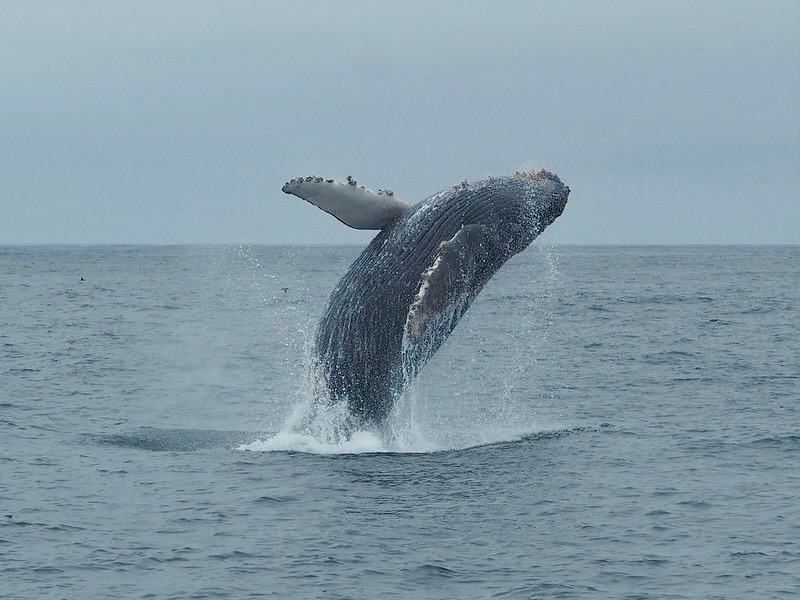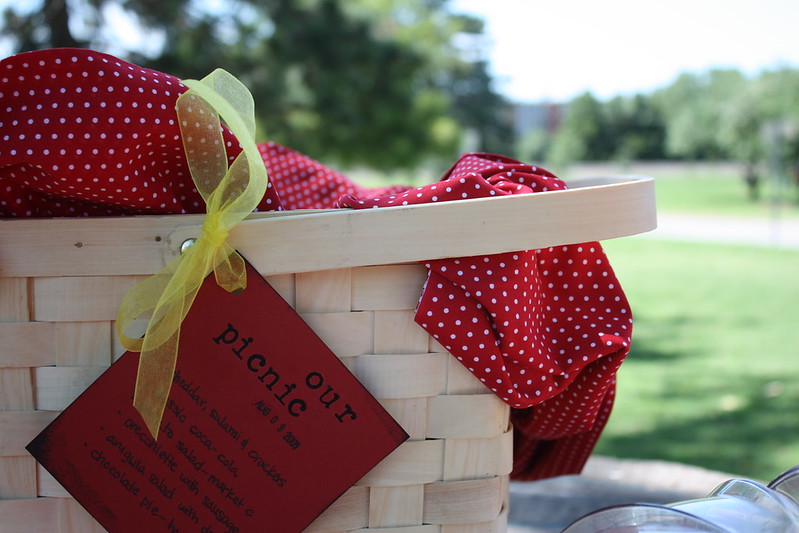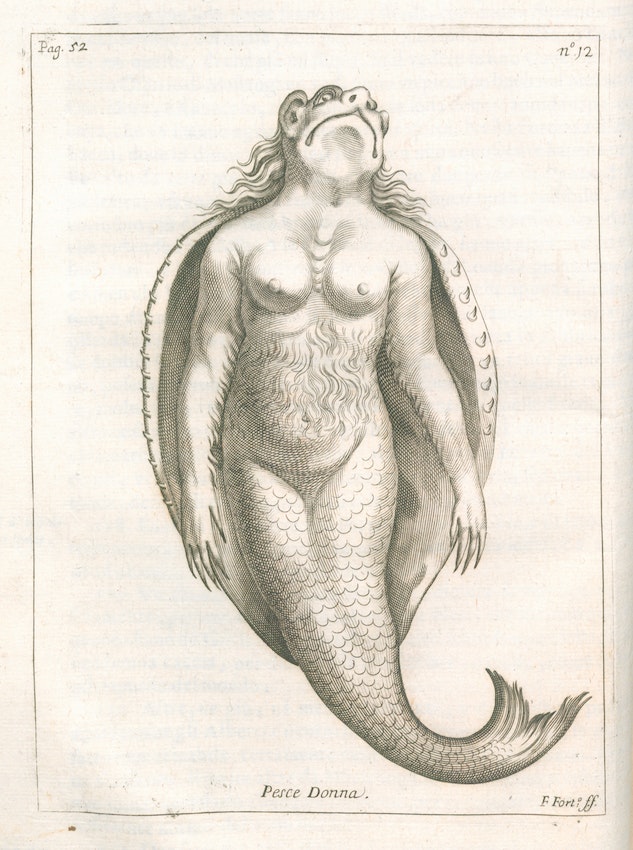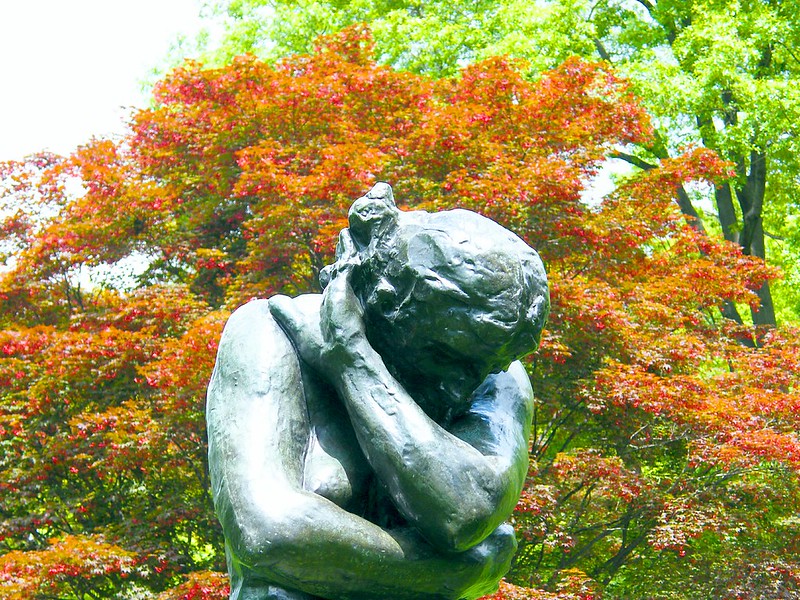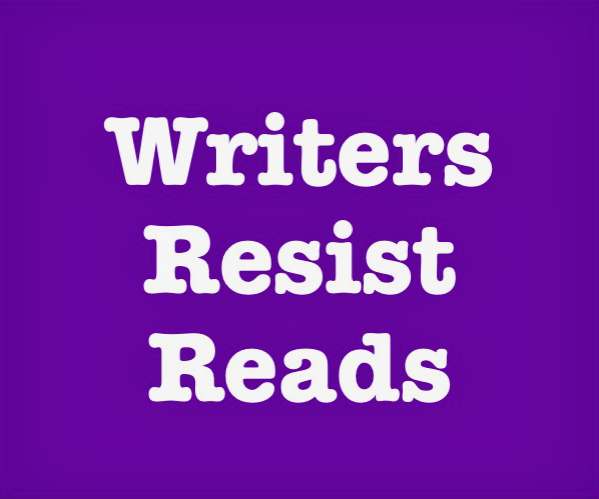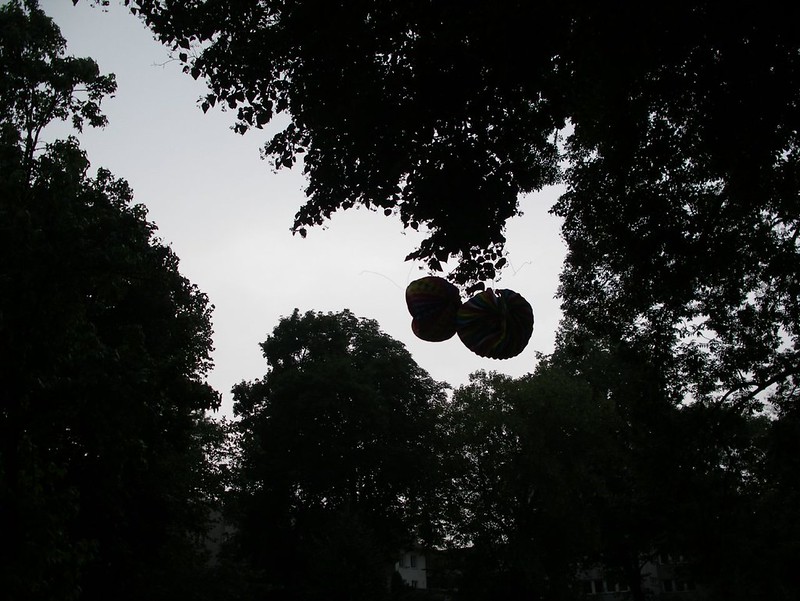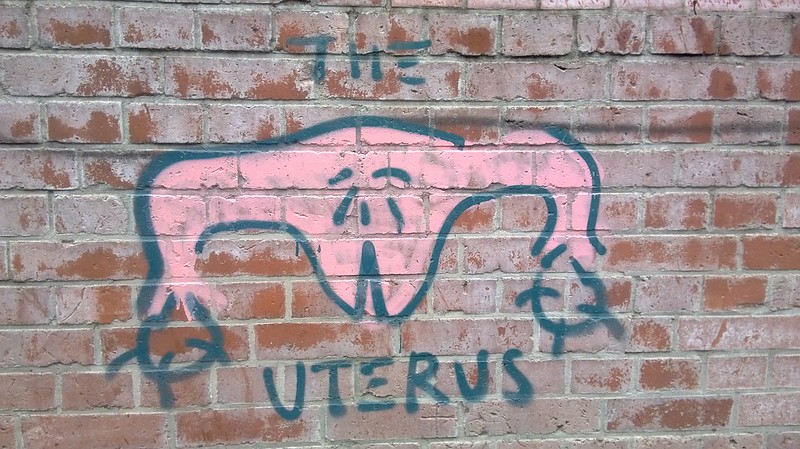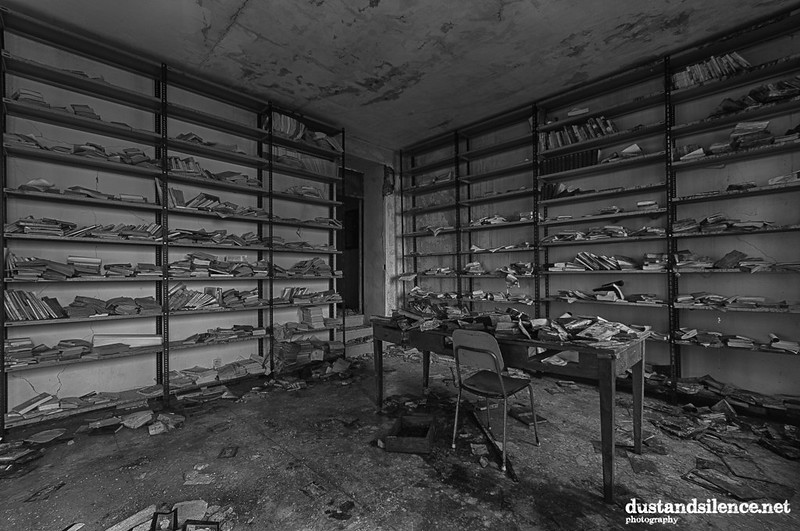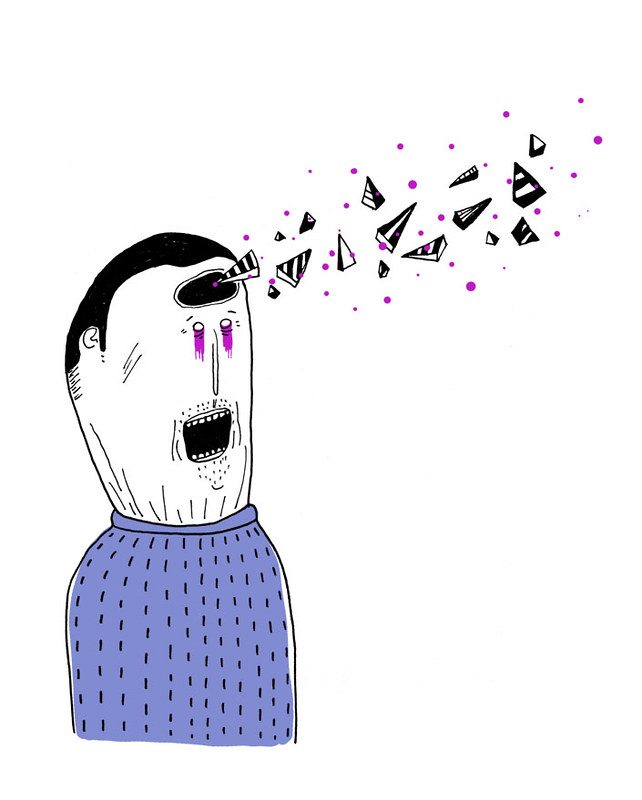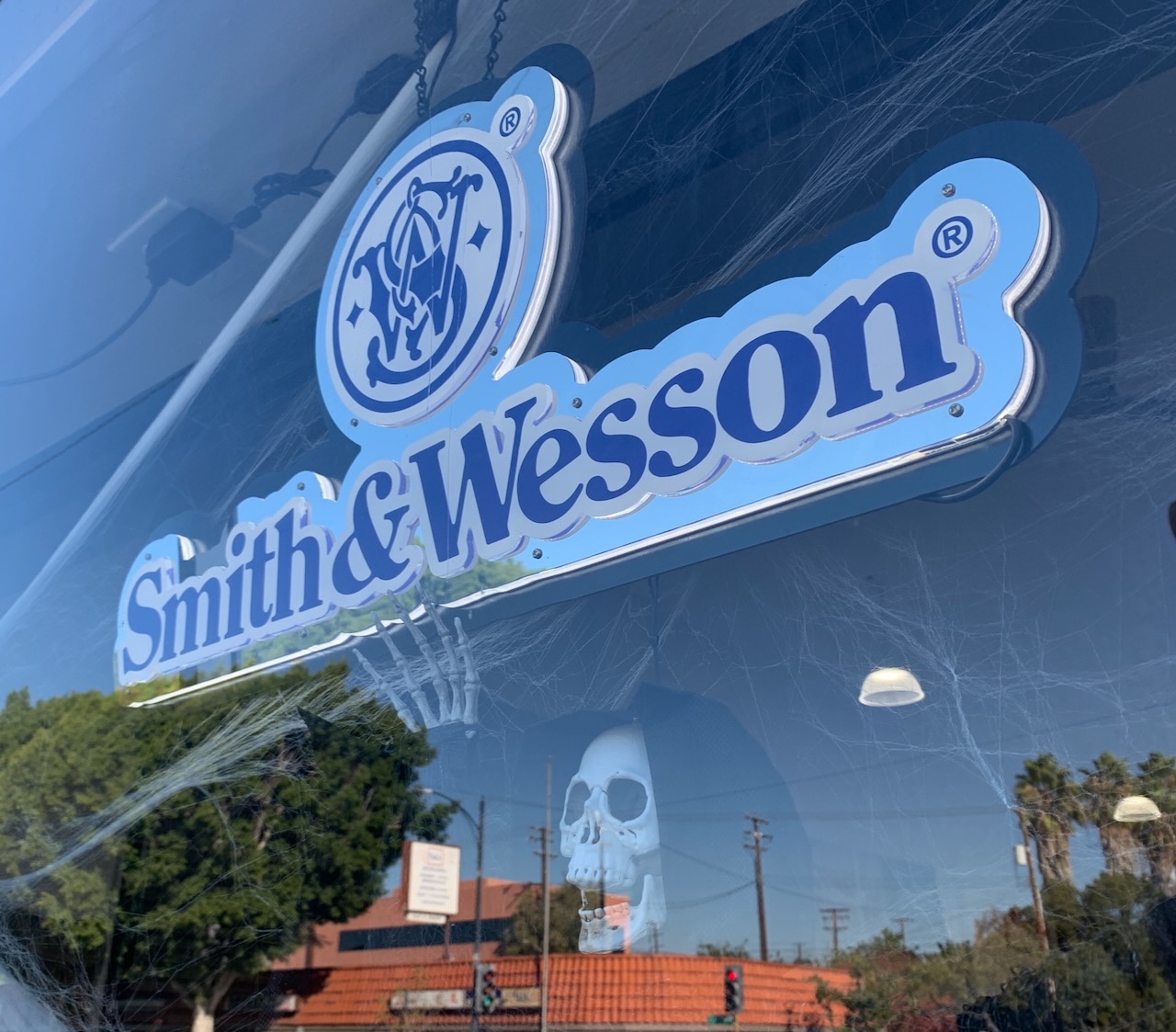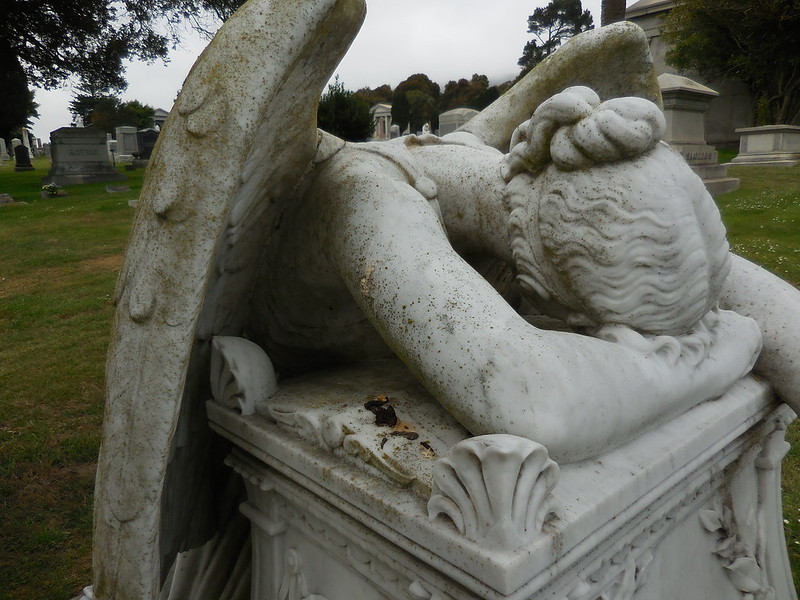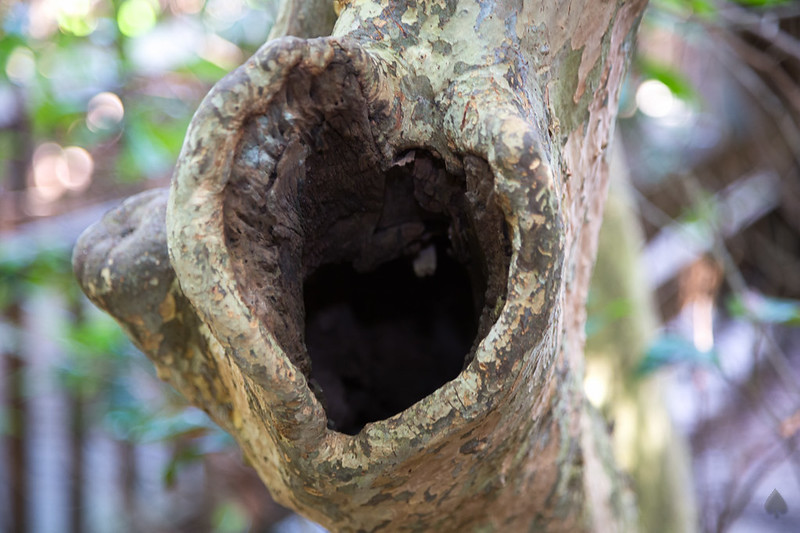Sunny Is Going Through a Depressive Episode
By Livvy Krakower
“The Manic Pixie Dream Girl exists solely in the fevered imaginations of sensitive writer-directors to teach broodingly soulful young men to embrace life and its infinite mysteries and adventures.” – Nathan Rabin
When Sunny was eight years old her mother fell down the stairs. That doesn’t seem important now as you sit across from Sunny and run your fingers up her thigh. You can feel the goosebumps on her skin and you read them like braille. I want you, they tell you.
You see her outline before you see her eyes. You kiss her neck before you kiss her lips. You grab her hips before you grab her hand. Saturday nights always feel that same in the city. Outside the club, Sunny holds your hand as she explains to her friends that she is going to go home with you and that it is gonna be ok. You trick your brain to believe that her words are spontaneous as you watch a guy throw up in a corner. You hope that he will look up and see you with her. Sunny tugs your hand and pulls you back to her.
Let’s go, she says to you. Her words are soft and she smells of coconut rum. As you walk away you think that this girl is gonna change your life.
Sunny’s lips taste like blood. When you ask her why she tells you that she is addicted to biting her lips to the point where they split open and explode like a volcano. You play the floor is lava with your tongue. Her blood is hot and sour. You kiss her for an hour until she tells you that she is very tired and wants to smoke a cigarette. You walk outside with her. Sunny lives in the middle of nothing. Actually, she lives in Brooklyn, but when you are with Sunny it feels like you guys are nowhere at all. You watch her draw the cigarette from her mouth, and you see how the tip of it is stained with her blood. You look at her and she grabs your shirt, pulls you in and puts her open lips against yours. When she lets go, you exhale and you see gray smoke dance from your mouth—transported from her to you.
Sunny reads a book about the potato famine. It is a Tuesday morning when you kiss her. She tastes like lukewarm coffee mixed with vodka.
It was terrible, she tells you.
The famine? you ask her.
Yes of course, what else would I be talking about?
You are disappointed.
Sunny lies down on the table. Her yellow spring dress is hiked up. Her knees are up in the air and open. She looks like a skinny rotisserie chicken, the one no one buys from Costco. The speculum must be cold because Sunny squirms as the doctor puts it in. You stand by her side and hold her hand. The sweat from her fingers makes her grasp around you weaken. As you look at her, her face all red and squished like a rotten tomato, you can’t help but find her unattractive.
You will begin to feel some cramping, the doctor says to her. She responds with a gasp and a small ow. Her hand releases from yours. When she looks at you, you feel like a fish stuck in an aquarium staring at a human and wondering how this could be. She begins to cry. You have never seen Sunny cry. You always imagined that when she cried her green eyes would become even more vibrant, similar to how the taste of lollipops becomes crisper after you run them under cold water. But instead, her eyes remind you of dying grass. She asks the doctor if it is in yet.
Not yet, he says and mumbles something about her having a very small cervix and that it is very difficult to get the IUD in. She looks at you and another ow escapes her mouth before she passes out from the pain. She must hate you.
I want to scream. I want to scream. I want to scream. Sunny keeps saying to the air as she paces around the room.
Scream already, you yell at her. She is giving you an awful headache, she is constantly giving you an awful headache.
I want to scream. I want to scream. You look at her wandering around. She is reminiscent of a ditzy bird that keeps flying into the same glass door.
Just scream!
I want to scream. I want to scream.
Scream!
I want to scream. I want to scream.
Just scream already you bitch!
Sunny looks at you and slaps you hard in the face.
I don’t understand you, you say to her. She walks out of the apartment and you wait for her yell, but instead you hear absolutely nothing. You punch the closest window to you and glass cuts your hand. Sunny comes back in. You watch as she takes a pill out of her pocket and swallows it. She holds your hand and runs it under warm water until the blood is gone. After she sucks your fingers dry, she pulls off your shirt.
How many men have you been with? you ask Sunny. She lies down in your bed. She is very tired today she tells you—something to do with her increasing her dose of Prozac, something to do with her hormones, you are not really sure. All you want to be sure of is how many men she has slept with.
How many women have you been with? she asks you, you expected this.
Four, you tell her, and it is the truth. Number one was Gwen, who lived next to you in your freshman dorm. Number two was Eden, who you met at a bar. Number three was Fiona, who you met online. Number four was Jackie from work. Eden. Fiona. Jackie. Gwen. They were great, but they weren’t Sunny. Sunny was different from all the other girls.
Sunny closes her eyes, trying to avoid your question with sleep. You rub her arm softly to wake her up.
So tell me, how many? you ask again.
Twelve, Sunny says, not even bothering to open her eyes.
Twelve? you fail to contain your voice.
Why is that a problem?
No, you stumble, it isn’t a problem at all
You think I’m a whore, Sunny says to you and nuzzles closer to your chest.
No I don’t, you say unsure why you would even bother lying.
You used to count your steps and hate your father and jack off with the lights on and take Lexapro and read vintage pulp fiction and long to be a famous screen writer. You sit in the shower and tilt your head up. Hold your breath. It takes 40 seconds for an adult man to drown. 39, 38, 37. . . just before you hit twenty seconds—you breath—the gasp leaving your mouth like a deflating balloon flying in the air. You haven’t written since you were in college, but the night after you meet Sunny you open your laptop and begin typing for the first time again.
As Sunny speaks you hear nothing. In your mind you imagine her traveling the world. You see her going out dancing, her knees bouncing against each other. You see her reading in a park on her stomach, her bare feet in the air. SUN – NEE. You let the syllables rest light then heavy on your tongue. SUN – NEE.
Between kisses, she tells you that when she grows up she wants to be a mother and have two kids—a boy and a girl—the boy will play basketball and the girl will do art classes—for their birthday’s she will have them bring in brownies not cupcakes for their elementary school class to share—she hopes that they will have her green eyes, but not her mind.
You take her bra off ,and her words fade from your mind as you kiss her breasts—leave marks on her neck.
You can feel the vibration of Sunny’s leg shaking through the floor of the coffee shop. She drinks her coffee black. You find this poetic. Whenever she parts her lips, you believe she is about to break up with you, but instead she just takes another sip of her drink. She is constantly praying that the caffeine will work. The barista here knows Sunny’s name. She comes here every morning with you or without you. Sunny says that this coffee shop is the only thing consistent in her life. The barista is an old, round man and something about him makes you think of warm beer, microwaves, and minor league baseball teams.
I hope he is a kind man, Sunny once said about him, but the truth is he’s probably just nice to me because he wants to sleep with me.
Sunny’s leg is shaking even faster, the rapid bouncing of it transcending into you. Vibrating, bubbling, up and down and up again —a hurricane that only you two can feel—you are about to implode—spontaneous combustion.
You know I love you, you say to Sunny, not as a question nor a statement, but as something else.
You take her hand, the shaking has not stopped. She looks at you. Sometimes you wonder if Sunny is even human.
And you know I love you too, she responds in the same way. Whatever is between a period and a question mark is how you both speak to each other.
She finishes up her drink then stands up and walks over to the barista. She touches his wrinkled hand lightly as she hands him her cup. He refills it with no extra charge.
You watch Sunny in the morning. It is early in the winter and the outline of her naked body reminds you of fog. She gulps as she swallows Prozac and Valium and another pill that you do not know the name of.
Sunny?
She looks at you, she is so small.
You motion for her to come lie next to you on the bed and she does.
What is it?
You look at her. There really is so much that you want to know. You open your mouth to say something but she kisses you before you can speak. She pulls down the elastic of your boxers and you realize that she does not want you to talk—she doesn’t want you to talk at all.
Livvy Krakower is currently an undergraduate student at UMass Amherst. She has previously been published in Blue Marble Review, Roadrunner Review, Jabberwocky Journal, and more. She has pieces forthcoming in The Washington Square Review and Wrongdoing Magazine. You can find more of Livvy’s writing on Instagram @littlepenguinswrite.
Photo credit: Ion George via a Creative Commons license.
A note from Writers Resist
Thank you for reading! If you appreciate creative resistance and would like to support it, you can make a small, medium or large donation to Writers Resist from our Give a Sawbuck page.

